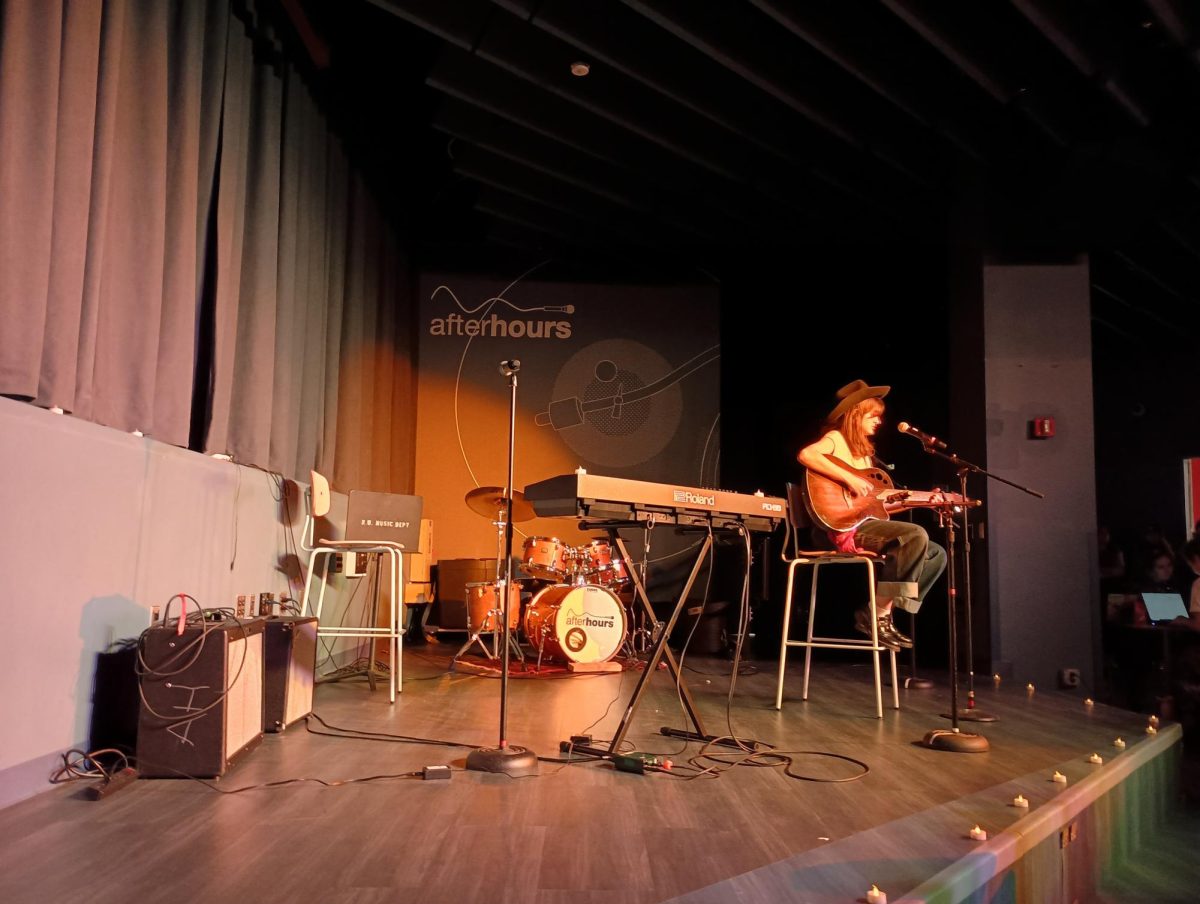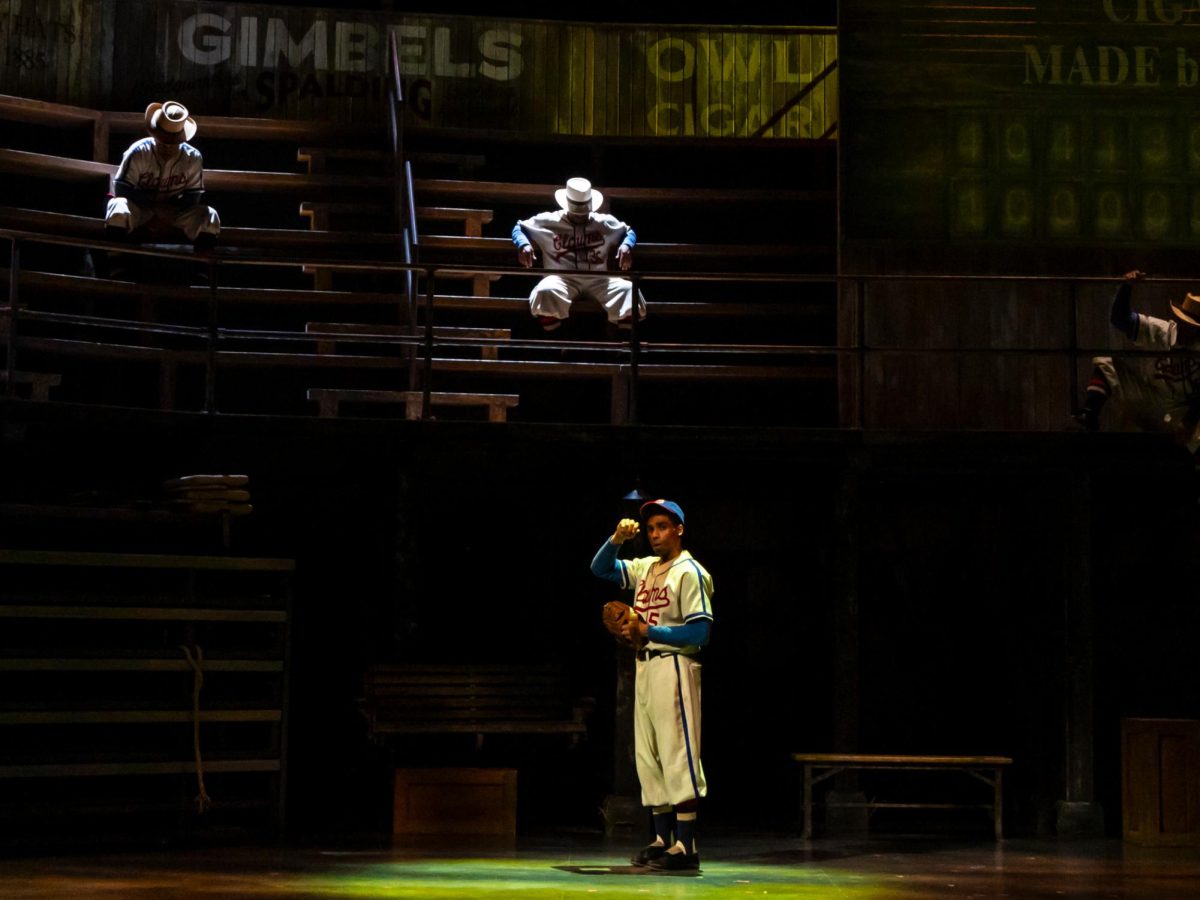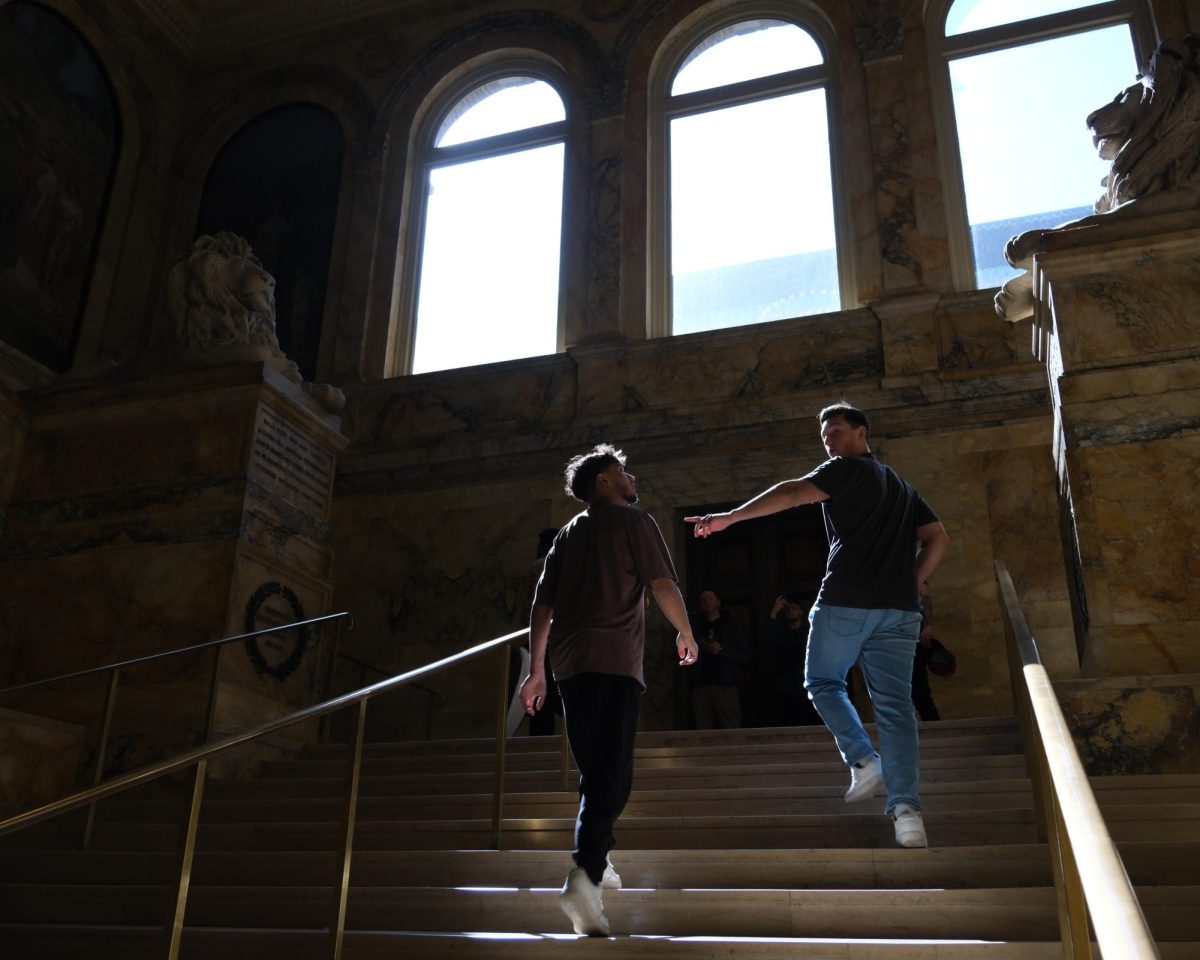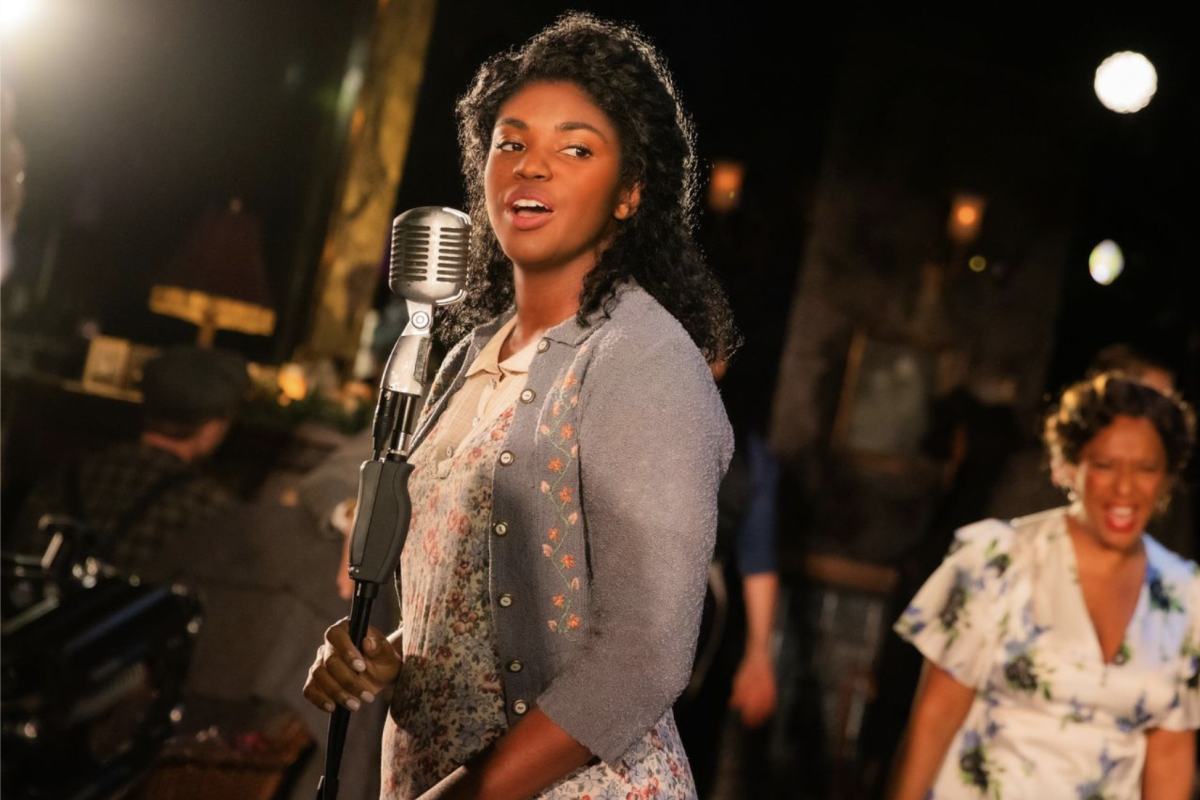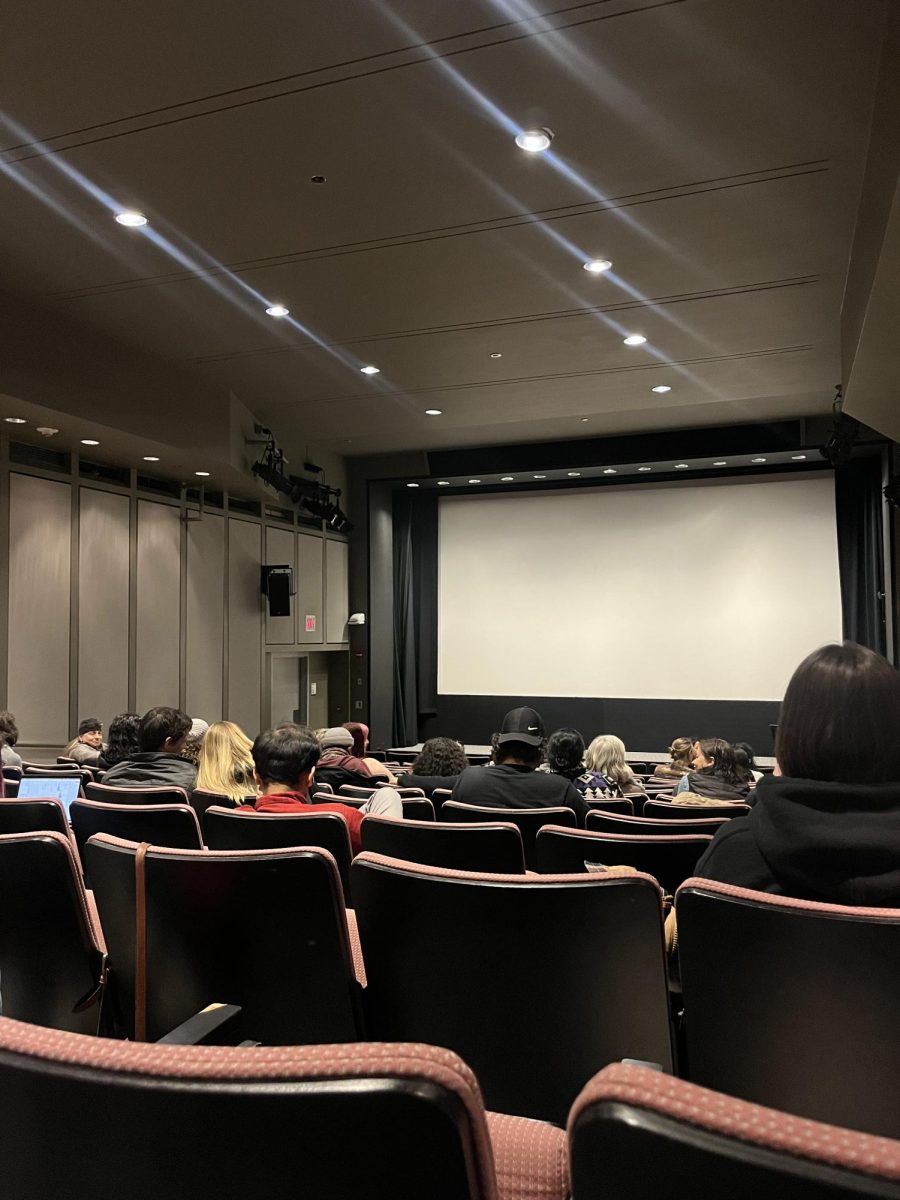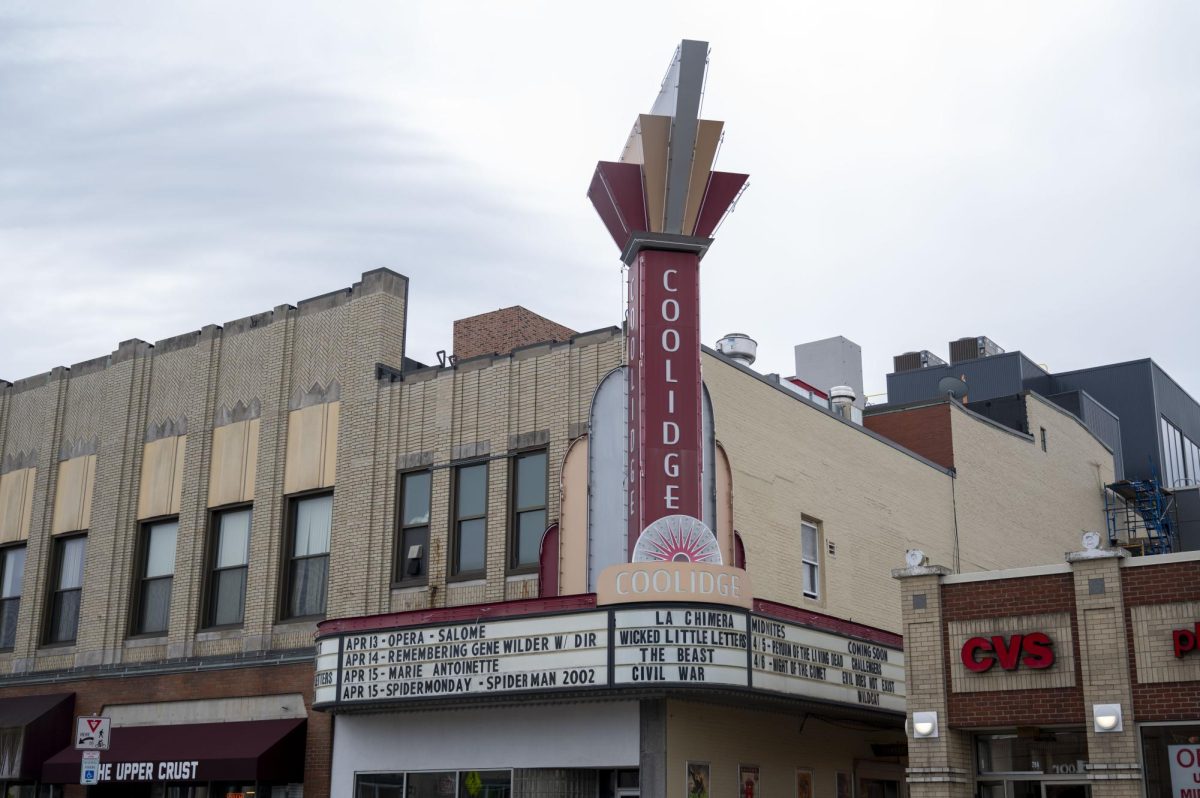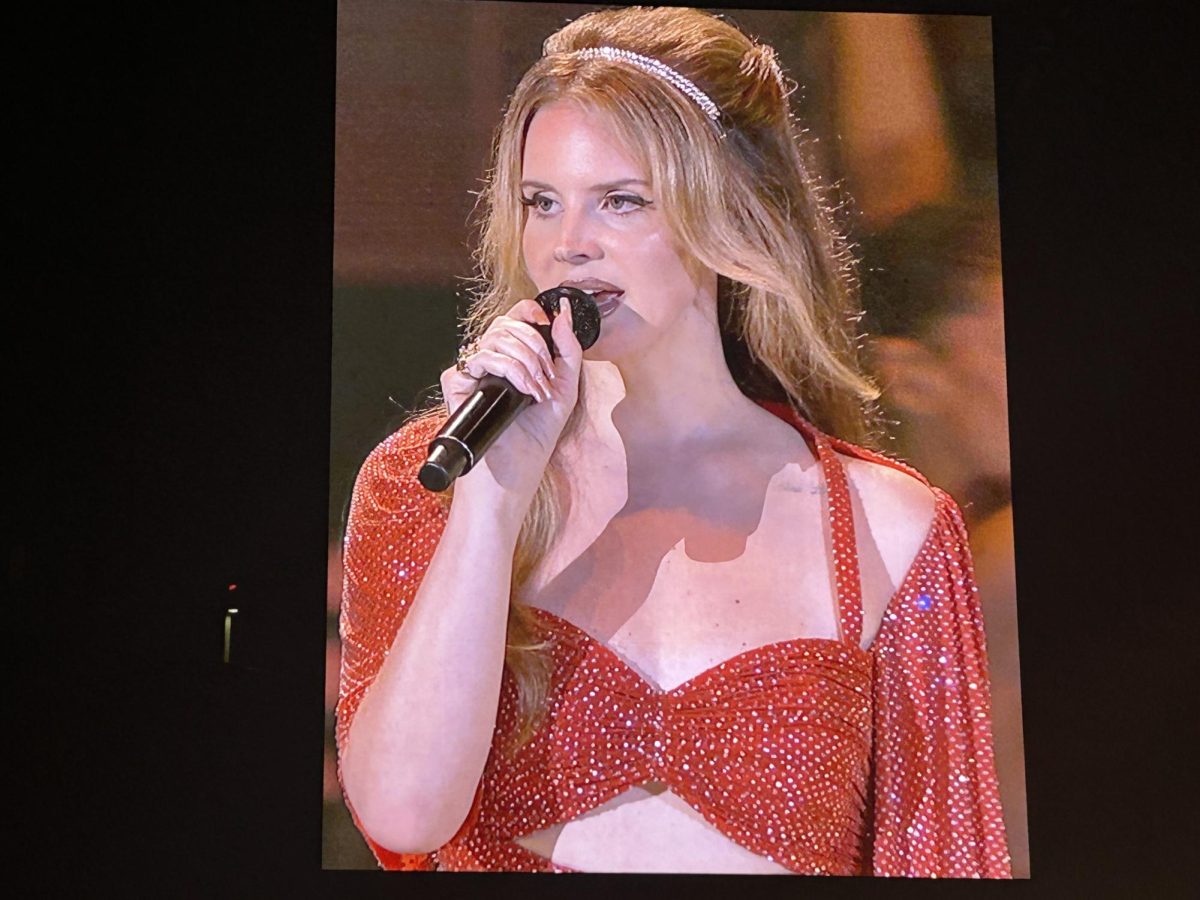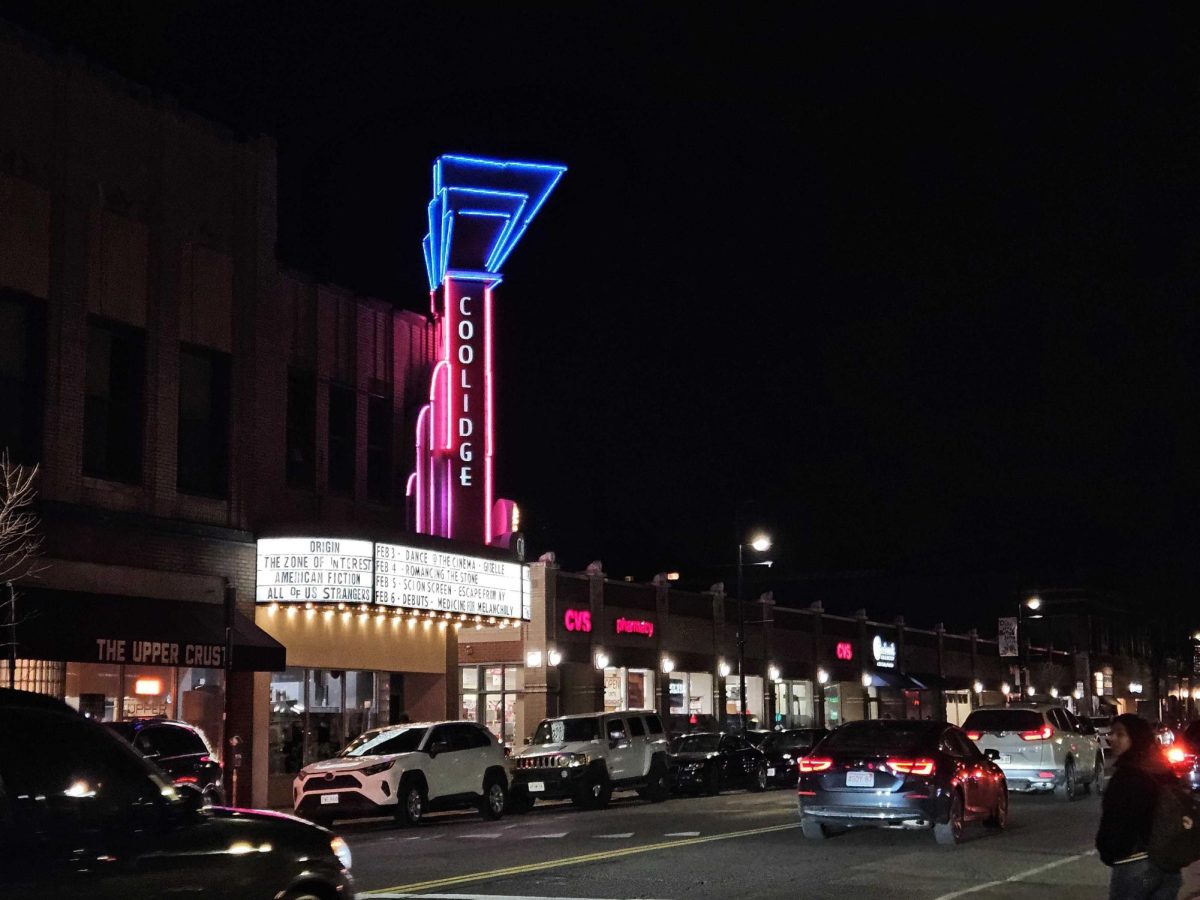The Live Music Association, or LMA, organized an open mic Nov. 13, which brought together a variety of indie bands and solo acts who performed for a cheering crowd of students in AfterHours to raise money for the Okra Project, a mutual aid organization for queer people of color.
Several bands took the stage wearing cowboy hats, referencing the two Western-themed posters LMA posted on Instagram and played songs with themes evocative of the Wild West. Jammed Amp, a Boston-based indie rock band, played an original song called “The Western,” which was met with an enthusiastic reception from the audience.
“I do love a theme,” said Lena Hildrich, a fourth-year electrical and computer engineering combined major and member of Jammed Amp. “It’s so nice being in such a supportive place, everyone there cares about music … I do love the community [at LMA events].”
More than a dozen acts performed throughout the two-hour event, with the majority being solo acts interspersed with a handful of midsized ensembles. Most solo acts played covers of soulful contemporary pop tunes, with a few original pieces accompanied by the strains of an acoustic guitar or electric keyboard floating up to the rafters, while the bands all had time for a couple of songs. Members of other bands who performed at the open mic echoed the value of a welcoming community on campus for musicians.
“Honestly, just seeing everyone there, the community that was built, I think was really great,” said Lucy Frank, a second-year music industry and communication studies combined major and member of the band Cherry Crisis. “Even when there wasn’t music happening, just everyone gathering and talking together — I think there was just a sense of community and support.”
Friends of the performers filled the AfterHours studio, and the audience chatted and laughed in between sets as LMA organizers circulated through the crowd.
“I think music brings people together in general,” said Quincy Dillard, a second-year psychology and music combined major and founder of Decibel Park. “I think it’s just a way to all kind of come together, and that’s seen throughout every facet of culture or life.”
LMA, in collaboration with other student outreach groups, has put on similar fundraisers in the past, including drag bingo in October and a tote bag decorating event in September to raise money for Black and Pink and Maui mutual aid funds, respectively. The Okra Project, which was the beneficiary of the Nov. 13 open mic, is a nonprofit mutual aid project by and for Black trans people, organizing financial, nutritional and housing support primarily through fundraisers and collaborations.
“Honestly, we need more music that focuses around the voices of minority communities,” said Sharyq Siddiqi, a second-year computer science major and member of Decibel Park. “What we did with the Okra Project was lifting up the voices of the LGBT community, [and] we could have that for so many different things … just like any community that has that sort of expression in music, and each expression of music is beautiful in its own way.”
A steady stream of students visited the two tables by the stage, one of which sold ornaments and souvenirs to raise money for the open mic’s beneficiary, while the other table — which was staffed by organizers from the Northeastern’s LGBTQA Resource Center — dispensed information and resources for queer students.
“I feel like queerness and musicality sort of go together,” Hildrich said. “Being able to be vulnerable and not feel judged is something that’s important in music, and I feel like people who are often scared to be vulnerable … can express themselves through the creation of music or even just doing something that makes you feel free, like playing your favorite song.”







